The days of neon, mixtapes, and some seriously useful life skills that have slowly faded in today’s tech-heavy world. While modern conveniences are great, there’s something special about the practical, hands-on abilities that people developed back then. These skills weren’t just about getting things done—they fostered independence, creativity, and a deeper connection with the world around us.
Here are 12 life skills from the ‘80s that we should bring back into our lives.
1. Map Reading Without GPS

Before GPS became our default navigation tool, people used paper maps to find their way. Reading a map wasn’t just a practical skill—it sharpened your sense of direction and problem-solving abilities. While GPS is convenient, relying on your own navigation skills can give you more confidence and awareness, especially when technology isn’t available.
2. Balancing a Checkbook

In the ‘80s, balancing your checkbook was a regular part of managing your money. It taught you to keep a close eye on your spending and know exactly where your money was going. Even though we have apps that do the math for us, understanding your finances at a deeper level by tracking income and expenses is a valuable skill for anyone.
3. Fixing Things Yourself
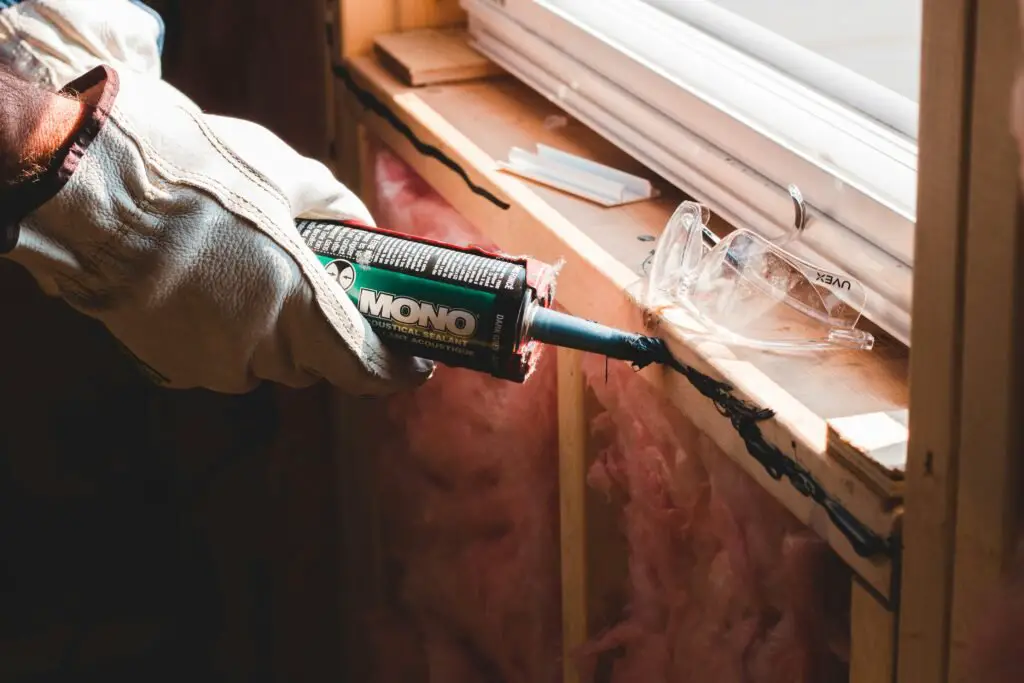
If something broke in the ‘80s, people didn’t immediately replace it—they fixed it. Whether it was a toaster, a bike, or a pair of shoes, DIY repair skills were common. This mentality of repairing instead of replacing helps reduce waste, saves money, and gives a satisfying sense of accomplishment when you fix something with your own hands.
4. Writing Letters by Hand

Back in the ‘80s, letter writing was a way to stay connected with loved ones. Whether it was a heartfelt letter to a friend or a thank-you note, the personal touch of a handwritten message meant a lot. In today’s world of texts and emails, taking the time to write a letter can strengthen relationships and make someone feel special in a way that digital communication can’t.
5. Using a Sewing Machine
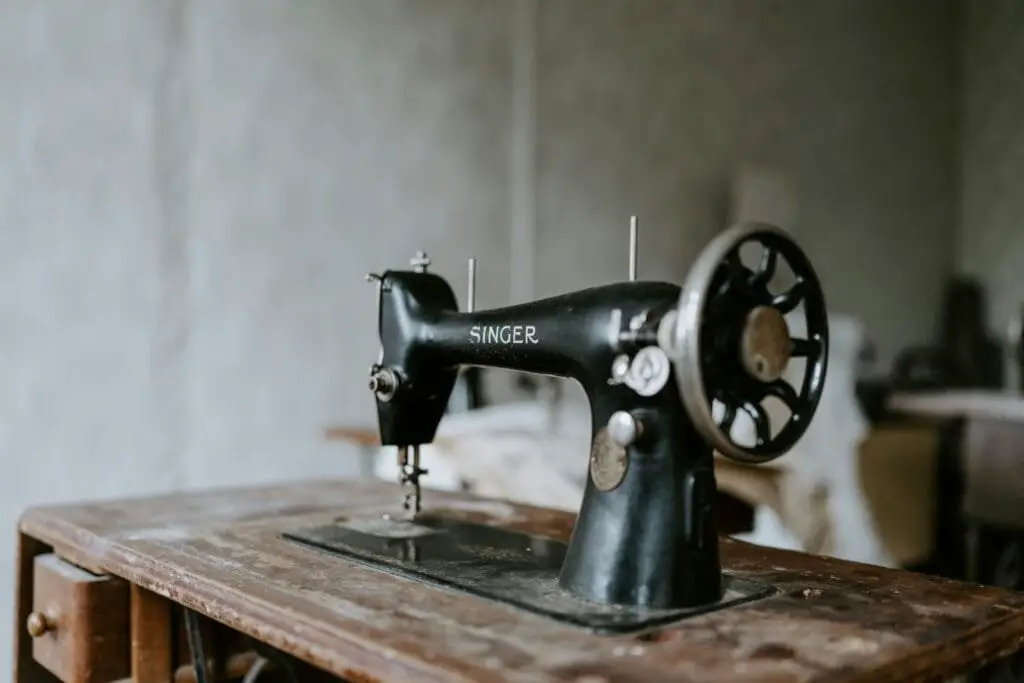
Sewing wasn’t just a hobby in the ‘80s—it was a practical skill. Knowing how to mend clothes, sew on a button, or even make your own outfit gave people independence from constantly buying new things. Learning basic sewing skills today can save you money, keep your clothes in better shape, and even unlock a creative outlet.
6. Making Phone Calls (and Having Real Conversations)
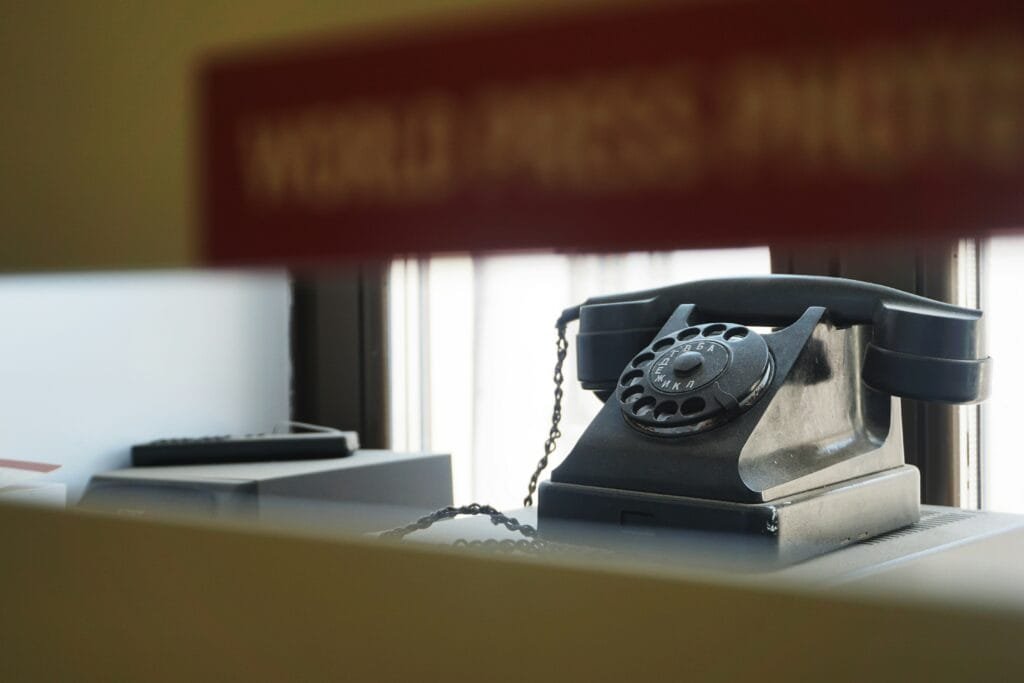
Before texting took over, people used the phone to have actual conversations. Calling someone and hearing their voice built stronger connections and avoided the confusion that often comes from short, impersonal text messages. Bringing back phone calls can help deepen relationships and add a personal touch to how we communicate.
7. Cooking From Scratch

In the ‘80s, families cooked dinner from scratch, often using fresh ingredients. It wasn’t about convenience—it was about creating nutritious meals with what was available. Today, cooking from scratch is not only healthier but also more cost-effective. Plus, it brings the joy of preparing meals at home and knowing exactly what’s in your food.
8. Navigating Without the Internet

Before smartphones and instant answers from Google, people used books, libraries, and their own knowledge to figure things out. This fostered critical thinking, research skills, and self-reliance. While it’s easy to turn to the internet for every question, being able to navigate life without it—whether through books or practical know-how—can give you a sense of independence.
9. Budgeting with Cash Envelopes
The cash envelope system was a popular budgeting method in the ‘80s. People divided their cash into envelopes labeled with spending categories, and once the money was gone, that was it for the month. This simple system helped people avoid overspending and stay within their means. While we mostly use cards now, adopting this cash-conscious mindset can help improve financial discipline.
10. Personal Safety Awareness
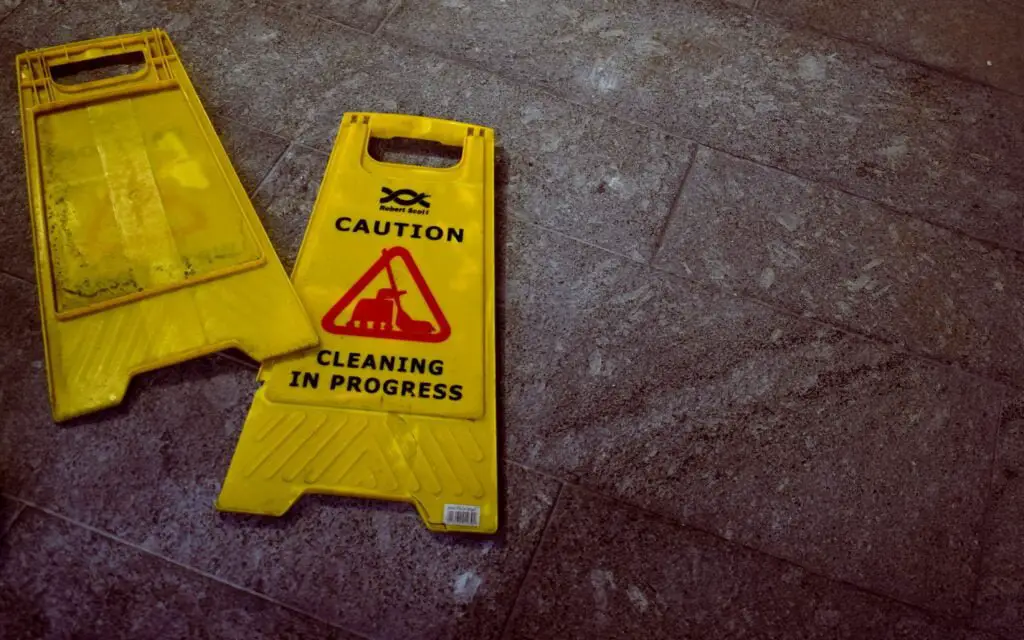
In the ‘80s, without smartphones to guide us, people were more aware of their surroundings and used street smarts to stay safe. They trusted their instincts, avoided risky areas, and paid attention to the people and environment around them. Even with modern safety tools, it’s still important to develop a keen sense of awareness and trust your gut in unfamiliar situations.
11. Doing Repairs Around the House
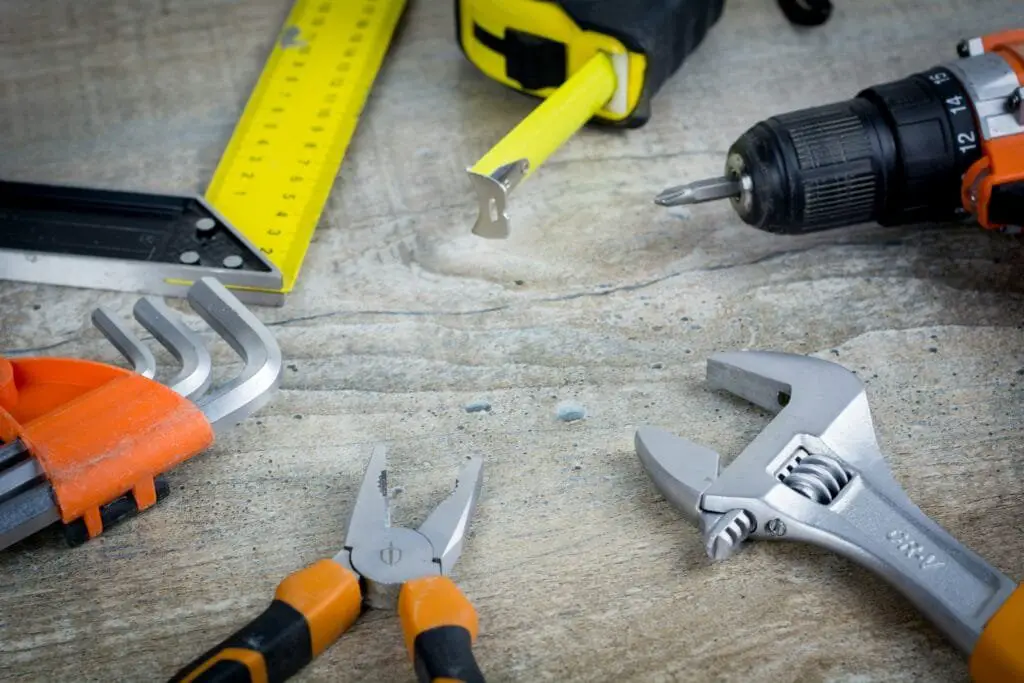
Home repairs were often DIY projects in the ‘80s. Whether it was unclogging a drain, patching a wall, or fixing a leaky faucet, people knew how to handle basic home maintenance without calling in professionals for every issue. Learning a few simple repair skills today can save money and give you confidence in maintaining your own space.
12. Maintaining Friendships in Real Life

In the ‘80s, friendships weren’t sustained by likes and comments—they were built through face-to-face interactions. People made time to visit each other, go out for coffee, or just hang out. Making an effort to nurture friendships in person, instead of relying on social media, creates deeper and more meaningful connections that stand the test of time.
13. Gardening for Your Own Produce
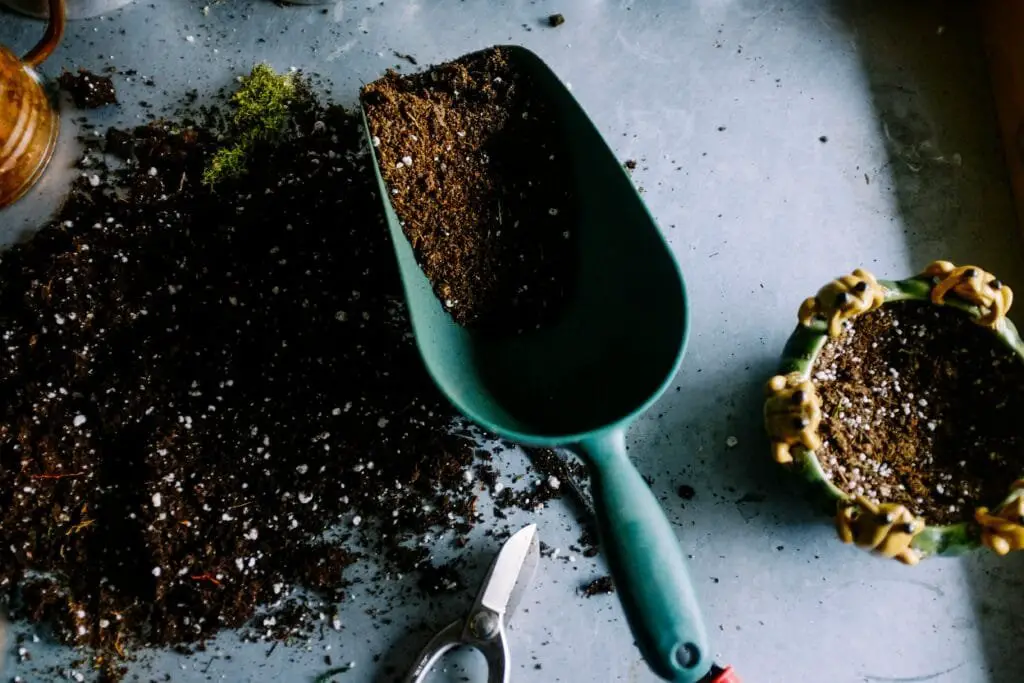
Back in the ‘80s, it wasn’t uncommon to see a backyard garden brimming with fresh vegetables and herbs. Growing your own produce not only saved on grocery bills but also gave families a deeper appreciation for where food came from. Even a small herb garden or a few potted plants can give you a taste of this self-sufficiency today and the satisfaction of eating what you’ve grown yourself.
14. Using Basic First Aid Skills

Many households in the ‘80s had a first aid kit and the know-how to use it. Parents taught kids how to treat minor cuts and scrapes, making them less reliant on running to the doctor for every little thing. Having basic first aid knowledge—like how to clean a wound or what to do for a sprain—can be invaluable, and it’s a skill that brings a sense of preparedness and confidence.
15. Reading Books for Knowledge (and Pleasure!)

Before screens dominated our time, people turned to books not just for entertainment but for learning new skills and gaining knowledge. Reading wasn’t rushed, and people savored the experience. Reclaiming this habit can not only provide a break from digital overload but also open up new worlds and perspectives that spark creativity and curiosity.
These life skills from the ‘80s weren’t just practical—they taught self-sufficiency, creativity, and resilience. Bringing these skills back into your life can help simplify things, foster stronger relationships, and give you a greater sense of independence in today’s fast-paced world. Sometimes, old-school really is the best school.


